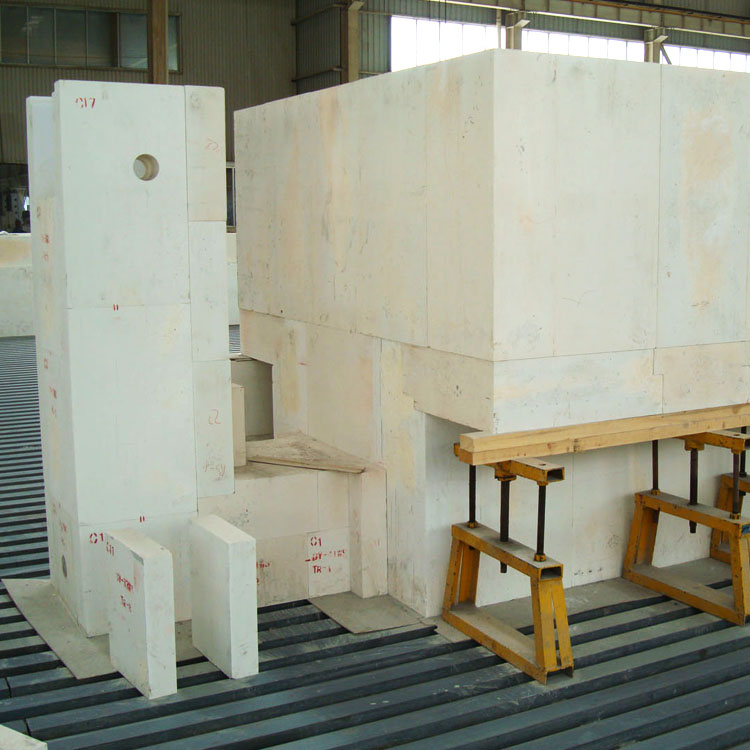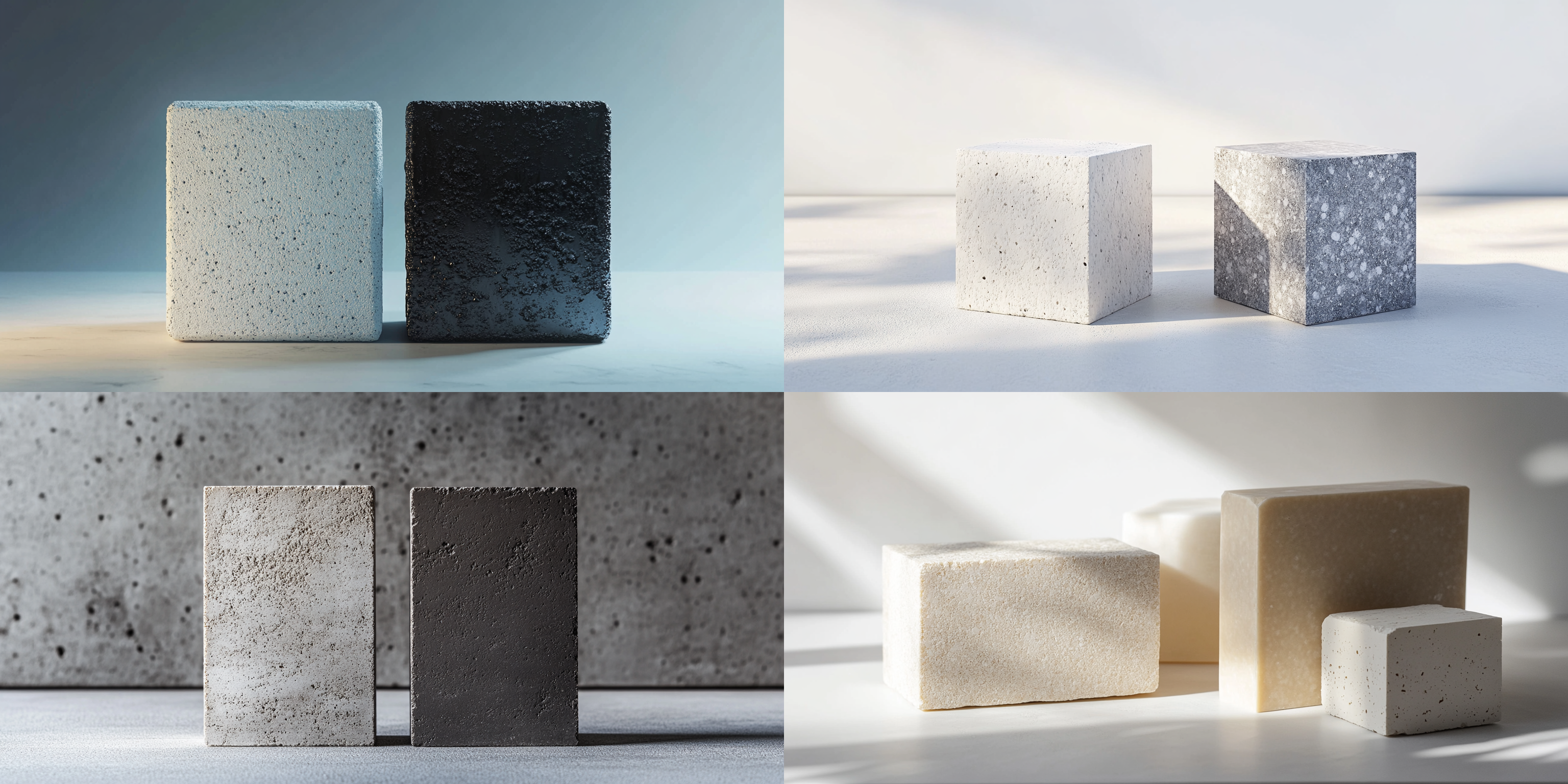
Glass manufacturing faces significant challenges in maintaining equipment integrity under extreme thermal and chemical conditions. High-temperature corrosion often accelerates refractory wear, leading to frequent equipment replacements, downtime, and elevated operational costs. The cast α-β alumina brick TY-M, engineered specifically for these harsh environments, offers a robust solution by combining superior material purity and crystal structure technology. Designed to operate efficiently up to 1350℃, TY-M significantly reduces glass melt contamination and extends equipment lifespan, elevating production stability and cost-efficiency.
The core of TY-M’s performance lies in its high-purity alumina composition exceeding 90% Al2O3 content. Leveraging a refined 2000℃ melt-casting process, the product develops a dense crystalline α-β alumina interlocking microstructure. This structural integrity delivers exceptional resistance to thermal shock, chemical corrosion, and mechanical wear – critical factors under prolonged exposure to strong alkaline melts and fluctuating high temperatures. The synergy of these factors prevents premature brick degradation and reduces particulate pollution in molten glass.
| Property | Measurement | Industry Relevance |
|---|---|---|
| Alumina Content (Al2O3) | > 90% | Ensures chemical inertness & corrosion resistance |
| Maximum Service Temperature | Up to 1350℃ | Suits glass melts and thermal cycles |
| Bulk Density | > 3.7 g/cm³ | High density for mechanical durability |
| Thermal Conductivity | 5.5 - 7.0 W/m·K (at 1000℃) | Optimizes heat dissipation, reducing thermal stress |
The TY-M brick’s α-β alumina matrix forms a robust barrier against the infiltration of aggressive molten glass constituents. Corrosion testing conducted at 1300℃ with typical soda-lime glass melts showed the brick’s corrosion rate reduced by over 40% compared to conventional high-alumina refractories. This performance drastically lowers the risk of contaminant feedstock in the glass melt, thereby improving final product quality and minimizing costly filtration or reprocessing.
Furthermore, its resistance to strong alkali attack, commonly encountered during glass melting, increases equipment lifespan by up to 30%. As a result, operators benefit from fewer maintenance shutdowns, enhanced throughput continuity, and reduced refractory replacement frequency – culminating in overall operational cost savings.

A leading glass container manufacturer incorporated TY-M bricks into their melting furnace lining across multiple production lines. Baseline data revealed furnace downtime averaged 12 hours monthly due to refractory failure and contamination-induced defects. After TY-M implementation, downtime was reduced by 50%, equating to six fewer interruption hours per month. Contaminant particle analysis demonstrated a 35% reduction in deleterious inclusions in glass products, directly enhancing product yield.
Additionally, furnace lining lifespan extended by approximately 1.5 years beyond prior solutions, significantly lowering annual maintenance expenditures. This operational stability promoted smoother fulfillment of delivery schedules and facilitated more confident long-term capital planning.
.jpg)
From an operational perspective, TY-M bricks empower decision-makers to:
Selecting TY-M aligns with industry demands for high-efficiency, sustainable operations while fostering competitive advantages in glass manufacturing markets characterized by stringent quality and cost pressures.

Embrace the advanced cast α-β alumina brick TY-M to safeguard your glass production lines from corrosive damage and thermal wear. Its proven formula delivers measurable improvements in equipment longevity, product quality, and process stability — foundational pillars to driving your business growth and operational excellence.
Discover How TY-M Can Transform Your Glass Manufacturing Efficiency

